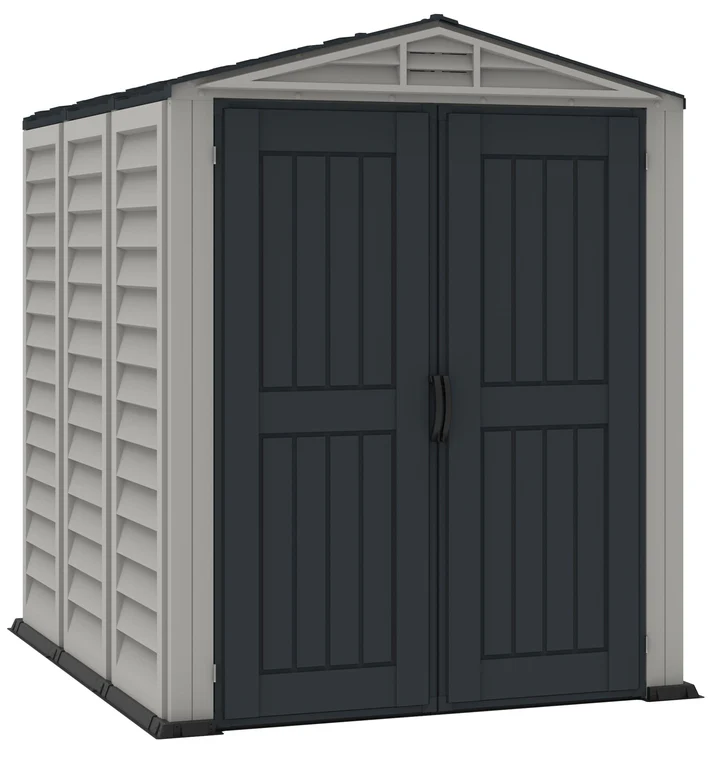If you are wondering how to get into the CBD Wholesale Supplier business, why not sell hemp-derived CBD wholesale? Companies that specialize in this segment of sales will deal primarily with bulk orders — typically for brick-and-mortar or online stores.
Hemp-derived CBD distributor opportunities are also abundant, and you won’t be limited to just oils. Working as the middleman means that you can choose the specific type of product you wish to sell.
While the growers and suppliers focus on getting the product ready for the customer, CBD wholesale businesses sell to various retailers and outlets for onward sale. Wholesalers can avoid the time and costs associated with preparing the goods for sale to the end-customer; they simply sell CBD in bulk for a lower unit price to the retailer.
When the 2018 Farm Bill federally legalized industrial hemp production across the U.S., more people became curious about how to get into the hemp-derived CBD business. After all, the bill established the foundation for the production and sale of CBD products made from industrial hemp.
Under the Farm Bill, hemp must contain no more than 0.3% of the psychoactive cannabinoid THC (tetrahydrocannabinol), as measured on a dry-weight basis.
With this in mind, there are a few other things to tick off your checklist:
If you cannot trust that the supplier manufactures high-quality, uncontaminated hemp-derived CBD, don’t expect to have an easy time selling it. Quality suppliers will source their hemp inputs from farmers that cultivate hemp in accordance with the highest cultivation standards.
Find out if your supplier uses pesticides and chemical fertilizers; they may help to yield bountiful crops, but consumers could be harmed if they use products containing these chemicals. For seeds, inquire about the THC to CBD ratios before buying and seek out a quality breeder with a solid reputation in cultivating CBD-rich hemp strains.
And is the hemp material used to make the CBD sourced from a licensed farmer?
Anyone who is keen to learn how to get into the CBD business shouldn’t sidestep this point. This is a question you simply must ask and verify before buying CBD products to sell wholesale. If the CBD was not lawfully sourced from a properly licensed manufacturer using lawfully sourced hemp, you could be purchasing, distributing, and selling at wholesale an unlawful product. This could expose your business, your investors, your employees, and even your customers to a host of regulatory and legal violations — some of which could include criminal sanctions.
When you are on the hunt for hemp-derived CBD distribution opportunities, pay attention to third-party testing. Request to see lab test results for each production batch of CBD and observe the levels of cannabinoids and terpenes (biological compounds in the plant that can have unique properties by strain) contained in the CBD product.
Failure to do so means you have no idea exactly what it is you are selling, creating a major risk for your business — the CBD products you resell may contain too much THC and too little CBD, making your products unlawful under the Farm Bill and state law. Also, the labels may be incorrect and misleading; the products might be laden with traces of solvents, pesticides and/or metals exposing the end-consumer to health risks; or the products may not be up to the specifications of your business or retailers, making the products unusable.
Additionally, sophisticated retailers will almost always request batch-specific testing information. Without testing results, you are significantly limiting your market opportunities.
Aim to find well-established CBD suppliers with a proven track record. New suppliers should not necessarily be avoided, but perform some research prior to buying anything from them. Consider how many sales they have made, what their target market is and, of course, what the customers have to say about their business.
If you are to stand out among the ocean of hemp-derived CBD wholesale sellers, you must prove it.
Demonstrating how your company can simplify the process of obtaining lawfully sourced, high-quality CBD will give you an opportunity to stand out. Prove how you can provide access to markets.
Remember to track precisely where your hemp-derived CBD products are being distributed. This is essential, among other things, because some states continue to prohibit the possession and sale of CBD products.
Your company and its stakeholders may also be slapped with criminal sanctions if you fail to monitor distribution, so keep this in mind if you want to penetrate the market on a large scale.
A CBD wholesale company that carries the best brands is sure to stand out over one that stocks unknown or less favored brands. Quality CBD products will be produced using high-quality industrial hemp manufactured inside a facility that is FDA-registered and CGMP Certified. If your CBD has been produced and tested by industry experts, doctors, and scientists — even better.
Some states require a hemp handler’s license in order to possess or distribute hemp and/or hemp products. Other states may require a special hemp processor license. Some states may also regulate CBD under their existing food safety laws, which requires that facilities where hemp products, including CBD, are produced, stored, and distributed be registered with the state’s department of health and operate in compliance with food safety laws and regulations.
